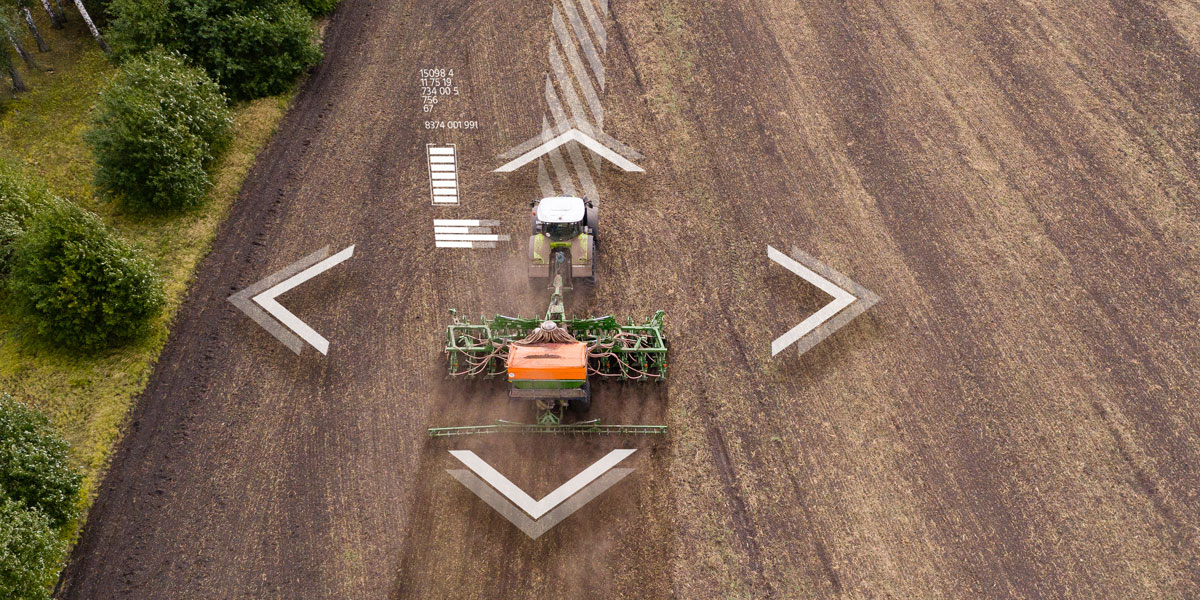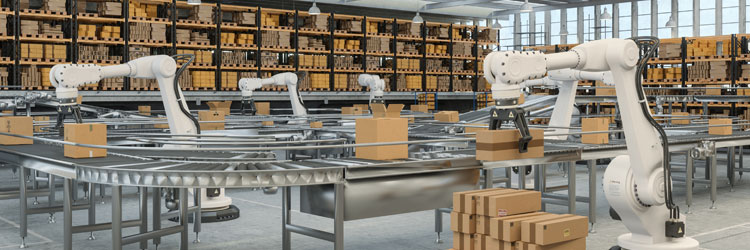In recent years, agriculture has experienced a technological transformation.
In recent years, agriculture has experienced a technological transformation.
The integration of advanced technologies like IoT, AI, and big data analytics has led to smarter, more efficient farming practices. One of the key enablers of this revolution is the implementation of private networks in agriculture.
By leveraging private networks, farmers can unlock a world of possibilities, transforming the way they manage their crops, optimize resources, and increase overall productivity.
The integration of advanced technologies like IoT, AI, and big data analytics has led to smarter, more efficient farming practices. One of the key enablers of this revolution is the implementation of private networks in agriculture.
By leveraging private networks, farmers can unlock a world of possibilities, transforming the way they manage their crops, optimize resources, and increase overall productivity.
What are Private Networks?
Private networks are dedicated, secure communication systems that operate independently of public networks. These networks use licensed, unlicensed, or shared spectrum to provide connectivity via dedicated wireless infrastructure engineered and tailored to specific organizational needs. For the agricultural sector, private networks offer numerous benefits, ensuring seamless, reliable communication across vast and often remote areas.
Some large-scale private network deployments for agriculture require communication towers to increase the coverage area. Portable tower assets like Pierson Wireless’ Network on Wheels provide flexible alternatives to a permanent tower structure, allowing the opportunity to stand up a network quicker, and with additional flexibility.
Now that you have an understanding of what a private data network is, let’s take a look at a few reasons why private data networks are becoming a game-changer in the agricultural industry.
Benefits of Private Networks in Agriculture
The benefits of owning a private network are many, including increased security, lower latency, higher capacity, Quality of Service (QoS) controls over how data is prioritized by the network, seamless handoffs between access points, and an overall greater level of reliability. Let’s take a look at some of the most important benefits:
Enhanced Connectivity
Traditional public networks often struggle to provide reliable connectivity in rural and remote areas where farms are typically located. Private cellular networks address this issue by delivering robust, high-speed connectivity, ensuring that all devices and sensors on a farm can communicate effectively.
Improved Data Collection and Analysis
With reliable connectivity, farmers can deploy a wide range of IoT devices and sensors throughout their fields. These devices collect valuable data on soil moisture, crop health, weather conditions, and more. The data is then transmitted in real-time to centralized systems for analysis, enabling farmers to make informed decisions quickly and accurately.
Precision Agriculture
Precision agriculture involves using technology to monitor and manage crops and livestock with high accuracy. Private cellular networks support the deployment of drones, automated machinery, and GPS-guided equipment, allowing farmers to apply water, fertilizers, and pesticides more precisely. This not only boosts crop yields but also reduces waste and environmental impact.
Scalability and Flexibility
Private cellular networks are highly scalable, making them ideal for farms of all sizes. Whether it’s a small family-run farm or a large commercial operation, these networks can be customized to meet specific needs. Additionally, they offer the flexibility to expand or adjust the network as the farm’s requirements evolve.
Enhanced Security and Privacy
Unlike public networks, private cellular networks offer higher levels of security and privacy. Farmers can protect their sensitive data from cyber threats and unauthorized access, ensuring that their proprietary information remains confidential.
Real World Agriculture Applications

Smart Irrigation Systems
Smart irrigation systems use sensors to monitor soil moisture and weather conditions, automatically adjusting watering schedules to optimize water usage. Private cellular networks ensure these systems operate smoothly, even in remote areas, conserving water and enhancing crop health.

Livestock Monitoring
Wearable devices for livestock can track vital signs, movement patterns, and overall health. Private cellular networks provide the reliable connectivity needed to transmit this data in real-time, helping farmers detect and address health issues promptly.

Automated Machinery
Tractors and harvesters equipped with GPS and IoT technology can operate autonomously, increasing efficiency and reducing labor costs. Private cellular networks facilitate the constant communication required for these machines to function correctly.
The Future of Agriculture
Agriculture is arguably the most important industry in the world, sustaining life by producing the food we need to survive, and providing livelihoods through millions of jobs. It also is a major economic driver in the United States, contributing nearly $7 trillion to the domestic economy. Technological advances like private networks are assisting farmers by optimizing operations and yield, ensuring a vibrant future for us all.
As the agricultural sector continues to embrace digital transformation, the role of private networks will become increasingly vital. These networks provide the foundation for a more connected, efficient, and sustainable agricultural industry. By enabling advanced technologies and improving data-driven decision-making, private networks are helping farmers meet the challenges of modern agriculture head-on.
Investing in private networks is not just about adopting new technology; it’s about securing the future of agriculture. With enhanced connectivity, improved data management, and increased operational efficiency, the possibilities for growth and innovation in agriculture are limitless.

















